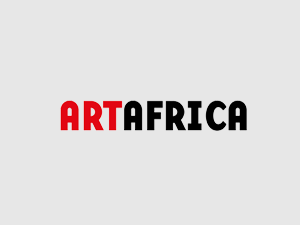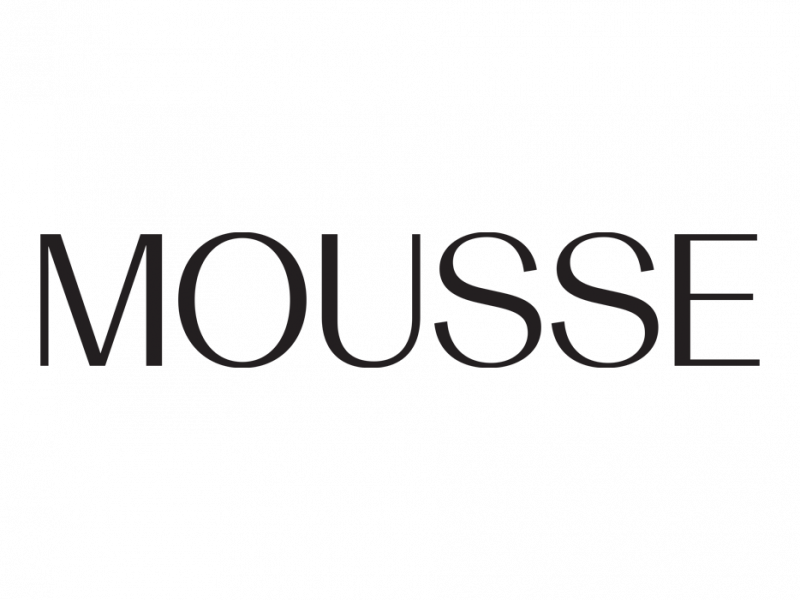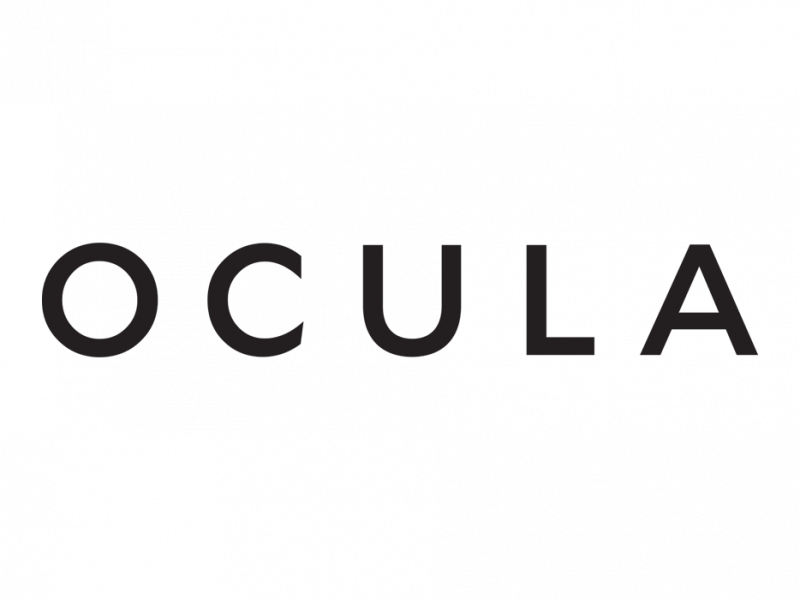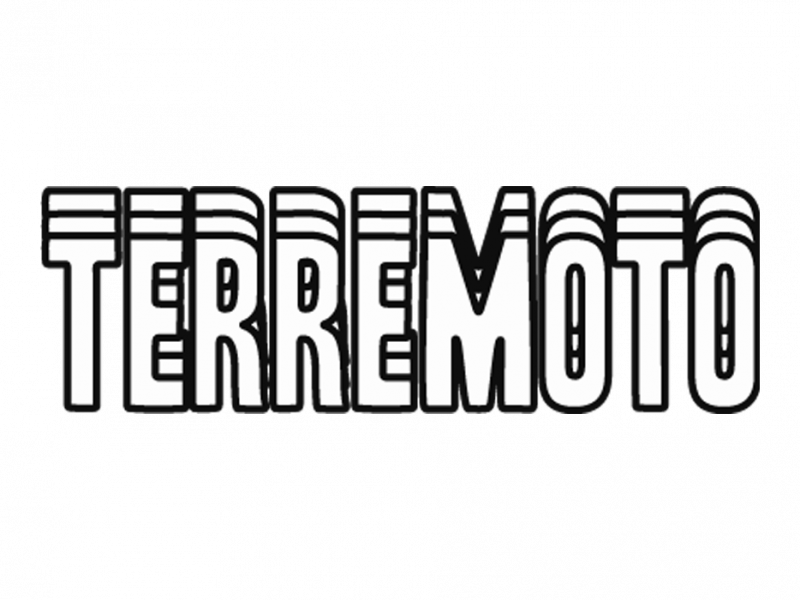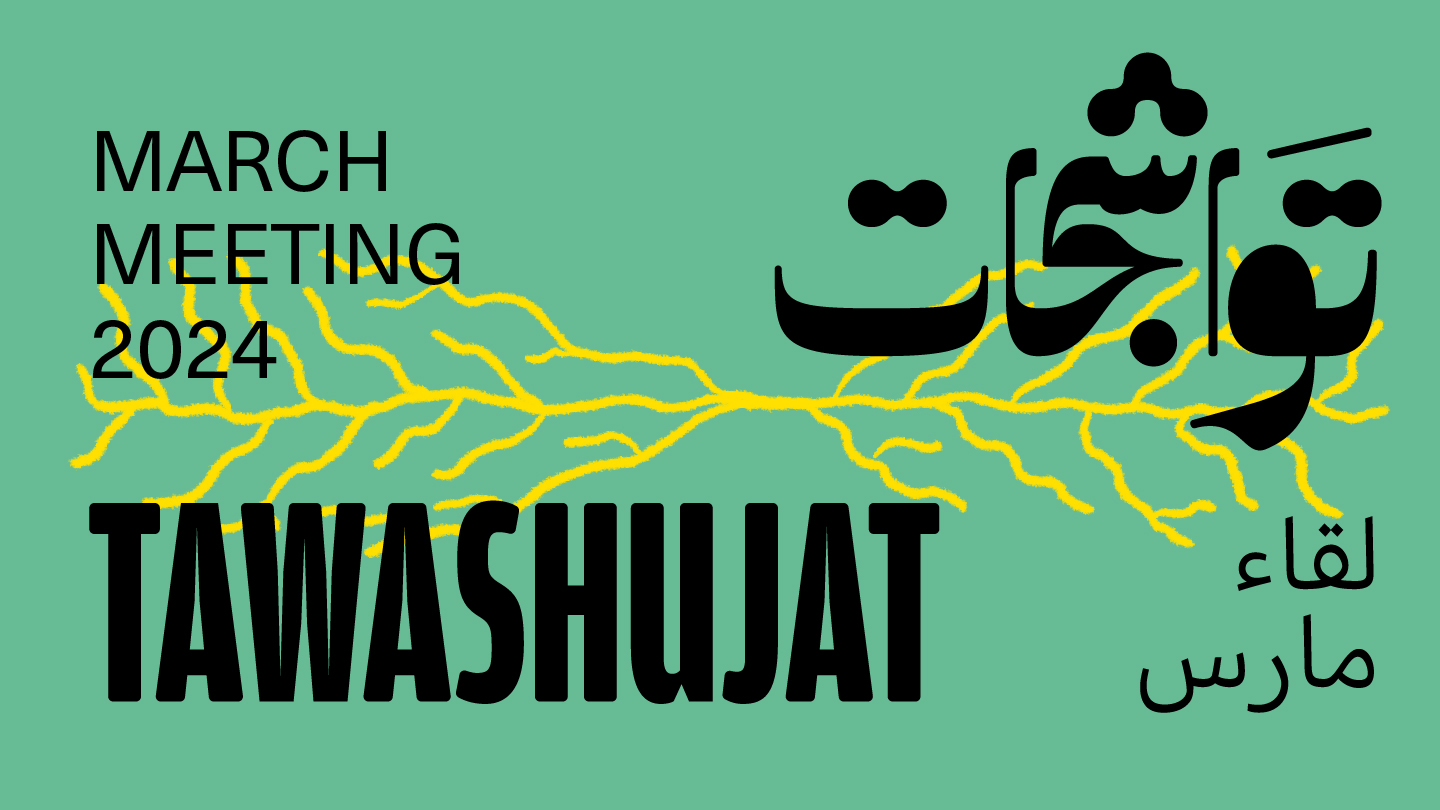

Overview
The 2024 edition of March Meeting (MM 2024) examines how art collectives interweave artmaking and forms of collaboration. The expanded format features more than 80 global artists, art professionals and academics who will gather for discussions of critical issues in contemporary art. Taking place on 1–3 March at Khalid Bin Mohammed School in Sharjah, United Arab Emirates, the programme of talks, panel discussions, workshops, performances and readings is free and open to the public.
Referring to the intertwining or meeting of thoughts and ideas, the Arabic word tawashujat, represents this year’s focus on collectively imagining more inclusive, equitable, sustainable and livable futures. The programme explores collaborative methods that reappraise artistic, curatorial and activist approaches to reconfigure the role of art and artists in our current times. It also looks at the myriad forms of coming together, such as learning platforms, activist movements and publishing, which can serve as toolkits for social justice, solidarity and political mobilisation.
In alignment with this theme, March Meeting 2024: Tawashujat offers participants multiple opportunities for active engagement, with breakout sessions and small group conversations built into the programming. Discussion topics include how collaborative work can enhance notions of artistic agency, especially in moments of global unrest, and how the mutual sharing of artistic and cultural resources can help navigate precarity, stimulate dialogue and encourage equity.
‘With its emphasis on critical encounters through the sharing of knowledge among artists, scholars, students and cultural producers, March Meeting has historically been a site for convening, debating, listening and engendering transregional solidarities. This year’s edition is an opportunity to uplift a wide variety of collectives who work to advance social justice in communities within the UAE and around the world,’ said Sharjah Art Foundation President and Director Hoor Al Qasimi.
Programme Overview and Presenters
MM 2024 comprises a dynamic series of workshops, breakout sessions, panel discussions, performances and more. Programme highlights include:
The Catalytic Power of Collectives
Panel with Ivet Ćurlin and Nataša Ilić (What, How & for Whom/WHW), Sofia Villena Araya, Deniz Kirkali and Amelie Wedel (topsoil) and Mirwan Andan (ruangrupa). Moderated by Sharjah Biennial 16 co-curator Amal Khalaf (Director, Cubitt and Curator at Large, Public Practice, Serpentine).
(Re)learning Indigeneity: Ecologies of Art, Sustainability and Resistance
Panel with Nida Sinnokrot and Sahar Qawasmi (Sakiya), collective other indias, and Beatrice Catanzaro and Fatima Kaddumy (Bait al Karama). Moderated by Sharjah Biennial 16 co-curator Alia Swastika (Director, Jogja Biennale Foundation).
Towards Counter-Hegemonic Infrastructures
Panel with Yazan Khalili and Lara Khaldi (The Question of Funding), Leah Gordon and André Eugène (Ghetto Biennale) and Dady de Maximo Mwicira-Mitali, Joachim Hamou and Nabila Saidi (Trampoline House). Moderated by Sharjah Biennial 16 co-curator Zeynep Öz (independent curator).
Art Spaces and Institutions as Sites of Futurity
Panel with Emily Jacir and Aline Khoury (Dar Yusuf Nasri Jacir for Art and Research), Tayeba Begum Lipi and Mahbubur Rahman (Britto Arts Trust) and Delphine Buysse and Fatima Bintou Rassoul Sy (Raw Material Company). Moderated by Sharjah Biennial 16 co-curator Natasha Ginwala (curator, researcher, writer).
Identity, Memory and Materiality
Panel with Ayan Cilmi and Fozia Ismail (dhaqan collective), Soledad Muñoz and Matthew Asaminew (Woven Memory), María José Murillo (Noqanchis) and Yasmeen Mjalli (Nöl Collective). Moderated by Hadeyeh Nader Badri (Senior Adult Learning Coordinator, Sharjah Art Foundation).
Feminist Recentring: Activism and Discourse in the Public Sphere
Discussion between Nighat Khan (Women's Action Forum) and Aisha Bilkhair (Research Advisor, National Library and Archives, Abu Dhabi). Moderated by Jiwon Lee (Curatorial Department Manager, Sharjah Art Foundation).
Assemblies featuring Tariq Ali (writer); Jeebesh Bagchi, Monica Narula and Shuddhabrata Sengupta (Raqs Media Collective); Nabil Anani, Sliman Mansour, Tayseer Barakat and Vera Tamari (New Visions); Samir Joubran and Samer Jaradat (Le Trio Joubran); Amina Agueznay, Mujah Maraini-Melehi and Morad Montazami; Christa Krings, Francis Susana Alvarado Pablo, Mayari Juracan, Vekis Morales, Galán Dary María Jimena, Maria Fernanda Alvarado Castillo (La Revuelta)
Workshops led by ikkibawiKrrr, Seeds Collective, Palestine Writing Workshop, In Narrative, Intilak Collective, OOMK, MADEYOULOOK, Naqsh Collective and Cráter Invertido
Performances and readings by Taysir Batniji, Jumana Emil Abboud, Shayma Hamad and Mosab Abu Toha
Additional details on MM 2024, including the list of speakers and registration information can be found at sharjahart.org/march-meeting-2024. Registration is free.
During and around March Meeting days, visitors will also have the opportunity to experience the Foundation’s spring exhibitions, including the most extensive survey of works by the late Pakistani artist and women’s rights activist Lala Rukh, the largest solo presentation by Ethiopian telsem artist Henok Melkamzer and the first retrospective by South African artist Gavin Jantjes. Other exhibitions include a major museum exhibition of artists from the renowned Casablanca Art School in Morocco, following its debut at Tate St Ives, as well as In the eyes of our present, we hear Palestine, a special exhibition of works from the Sharjah Art Foundation Collection by artists who have dedicated their practice to informing and educating audiences on the history of Palestine.
For more information and to book tickets to the exhibitions please visit sharjahart.org. Admission is free.
About Sharjah Art Foundation
Sharjah Art Foundation is an advocate, catalyst and producer of contemporary art within the Emirate of Sharjah and the surrounding region, in dialogue with the international arts community. The Foundation advances an experimental and wide-ranging programmatic model that supports the production and presentation of contemporary art, preserves and celebrates the distinct culture of the region and encourages a shared understanding of the transformational role of art. The Foundation’s core initiatives include the long-running Sharjah Biennial, featuring contemporary artists from around the world; the annual March Meeting, a convening of international arts professionals and artists; grants and residencies for artists, curators, and cultural producers; ambitious and experimental commissions and a range of travelling exhibitions and scholarly publications.
Established in 2009 to expand programmes beyond the Sharjah Biennial, which launched in 1993, the Foundation is a critical resource for artists and cultural organisations in the Gulf and a conduit for local, regional and international developments in contemporary art. The Foundation’s deep commitment to developing and sustaining the cultural life and heritage of Sharjah is reflected through year-round exhibitions, performances, screenings and educational programmes in the city of Sharjah and across the Emirate, often hosted in historic buildings that have been repurposed as cultural and community centres. A growing collection reflects the Foundation’s support of contemporary artists in the realisation of new work and its recognition of the contributions made by pioneering modern artists from the region and around the world.
Sharjah Art Foundation is a legally independent public body established by Emiri Decree and supported by government funding, grants from national and international nonprofits and cultural organisations, corporate sponsors and individual patrons. Hoor Al Qasimi serves as President and Director. All exhibitions are free and open to the public.
About Sharjah
Sharjah is the third largest of the seven United Arab Emirates and the only one bridging the Arabian Gulf and the Gulf of Oman. Reflecting the deep commitment to the arts, architectural preservation and cultural education embraced by its ruler, Sheikh Dr Sultan bin Muhammad Al Qasimi, Sharjah is home to more than 20 museums and has long been known as the cultural hub of the United Arab Emirates. In 1998, it was named UNESCO's 'Arab Capital of Culture' and has been designated the UNESCO ‘World Book Capital’ for the year 2019.
Media Contact
Alyazeyah Al Marri
+971(0)65444113
alyazeyah@sharjahart.org

